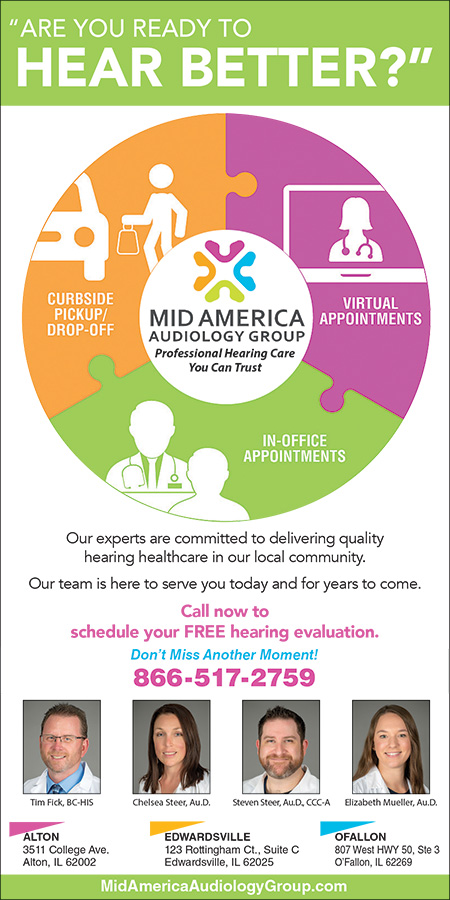 Does it seem like that shot of tequila has a little more jolt than it did 20 years ago? It’s not the alcohol, it’s your age. The way we process alcohol changes after age 65.
Does it seem like that shot of tequila has a little more jolt than it did 20 years ago? It’s not the alcohol, it’s your age. The way we process alcohol changes after age 65.
The basic process by which alcohol is metabolized doesn’t change, but after age 65, several factors can alter the way you process it.
HOW ALCOHOL IS METABOLIZED
What happens when you drink a beer, glass of wine or cocktail?
- The alcohol you swallow moves from your stomach into your small intestine without being digested.
- It is absorbed through your small intestinal walls, then travels to your liver.
- The liver does the lion’s share of processing alcohol; a series of enzymes breaks it down into chemicals (some harmless, some not).
- These chemicals move through your circulation to your heart, lungs, brain and other organs, and simultaneously into your lean muscle mass.
- Unless you drink too much or too fast, most chemicals eventually morph into harmless carbon dioxide and water, which are easily eliminated.
(Because women, Asians, Native Americans and Inuits don’t produce the same — or the same quantity of — enzymes to tackle alcohol in the liver, alcohol’s effects are magnified for them.)
HOW AGING AFFECTS THIS PROCESS
After age 65, your circulation starts slowing down. Less blood is flowing through your liver, so the process slows, and more toxic metabolites may accumulate. And because we lose lean muscle mass with age, a higher concentration of alcohol remains in the bloodstream. So you feel more effects from the same amount of alcohol.
 What’s more, requiring medication for different conditions can cause lots of interactions with alcohol. Alcohol competes with medicines for processing by your liver.
What’s more, requiring medication for different conditions can cause lots of interactions with alcohol. Alcohol competes with medicines for processing by your liver.
The result:
- Sedatives, taken for anxiety or insomnia, become far more potent.
- Blood pressure medications don’t control hypertension, and risks of stroke and other problems increase.
- Alcohol augments the effect of blood thinners, increasing the risk of serious bleeding.
Alcohol also compounds the sleep difficulties that are common after age 65. Many people use alcohol to fall asleep not realizing that it interrupts sleep, makes sleep less restful and causes earlier awakenings.
As we age, we’re also more prone to falling. Alcohol-related falls tend to be more serious after age 65.
TOXIC EFFECTS OF DRINKING
It takes longer for your body to metabolize alcohol than to absorb it. So excessive drinking keeps alcohol in your bloodstream longer. This allows a toxic chemical into which alcohol is processed, called acetate, to build up in your liver. Over time, acetate damages your liver tissues, causing cirrhosis. In addition, if you “drink” more calories than you eat, that puts you at risk for nutritional deficiencies, which are also more common among the elderly.
It’s best to follow the guidelines for moderate drinking, but unfortunately, few people do. Currently, the recommendation is that after age 65, men and women should have no more than seven alcoholic drinks per week. As you’re given more prescription medications in your late 50s and 60s, be aware of how they interact with alcohol.
Alcohol and age: A risky combination
Most people drink less as they grow older. However, some maintain heavy drinking patterns throughout life, and some develop problems with alcohol for the first time during their later years. The many challenges that can arise at this stage of life — reduced income, failing health, loneliness, and the loss of friends and loved ones — may cause some people to drink to escape their feelings.
YOUR ABILITY TO METABOLIZE ALCOHOL DECLINES
Several factors combine to make drinking — even at normal levels — an increasingly risky behavior as you age.
Your ability to metabolize alcohol declines. After drinking the same amount of alcohol, older people have higher blood alcohol concentrations than younger people because of such changes as a lower volume of total body water and slower rates of elimination of alcohol from the body.
That means the beer or two you could drink without consequence in your 30s or 40s has more impact in your 60s or 70s.
AGE-RELATED CHANGES
Your body might also experience other age-related changes that increase the risks associated with drinking. Your eyesight and hearing may deteriorate; your reflexes might slow. These kinds of changes can make you feel dizzy, high, or intoxicated even after drinking only a small amount.
As a result, older people are more likely to have alcohol-related falls, automobile collisions, or other kinds of accidents. Drinking can also worsen many medical conditions common among older people, such as high blood pressure and ulcers.
In addition, older people tend to take more medicines than younger individuals, and mixing alcohol with over-the-counter and prescription drugs can be dangerous or even fatal.
(Harvard Health)


